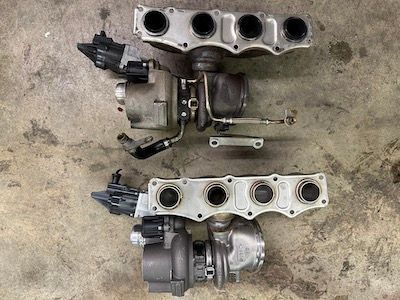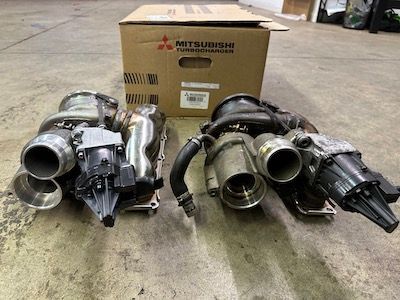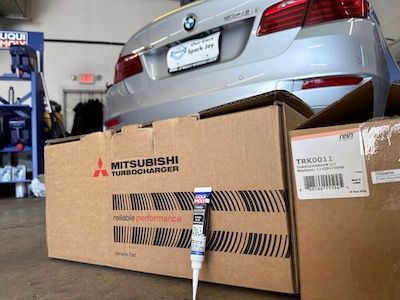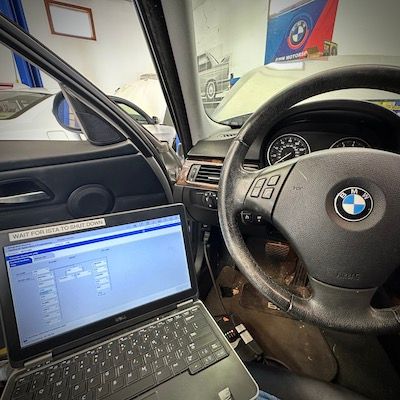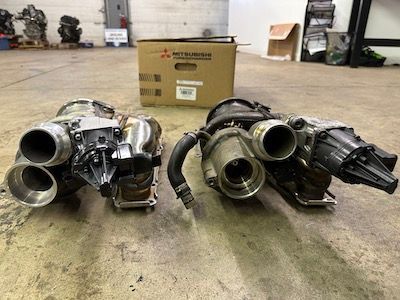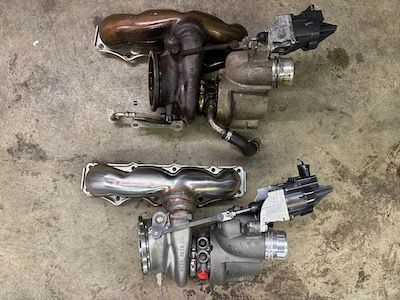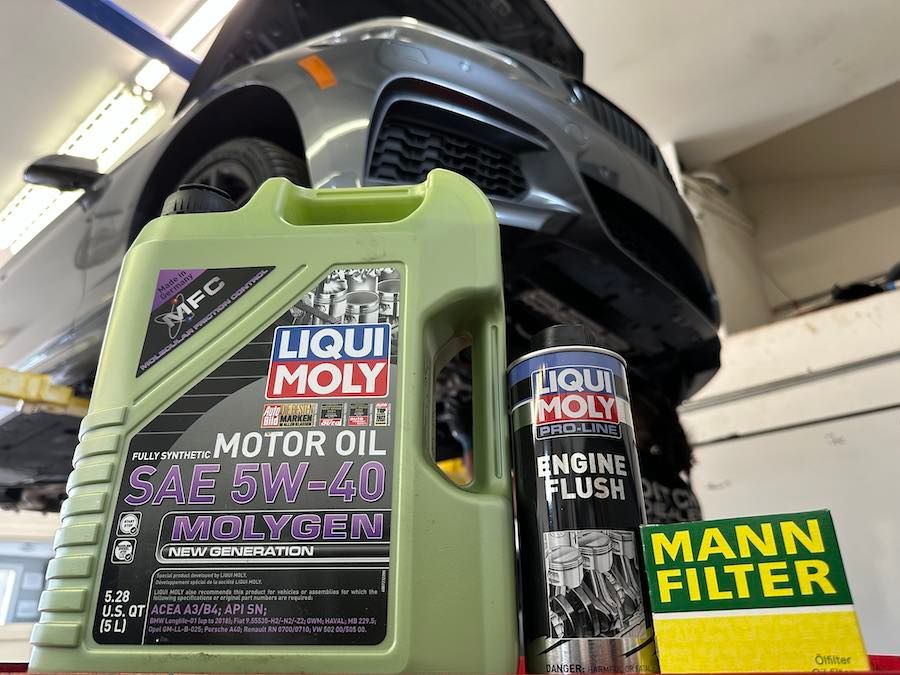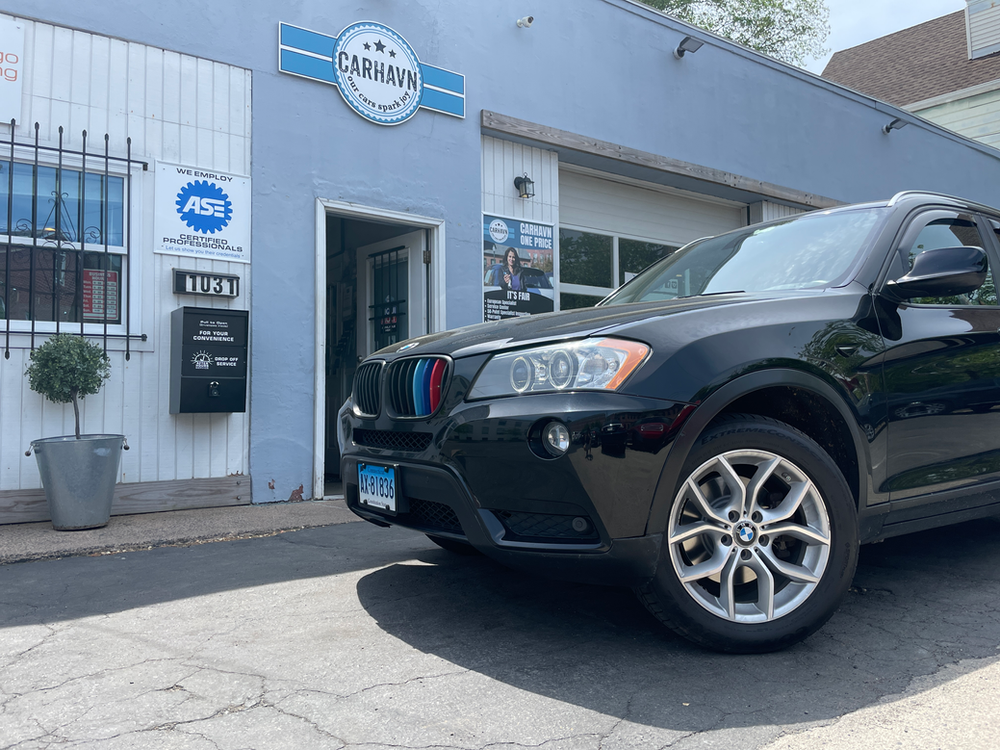Follow Us
10 Street Name, City Name
Country, Zip Code
555-555-5555
myemail@mailservice.com
BMW Turbochargers
Background
The turbo is a marvel of technology - it allows more performance to be extracted of an engine with better fuel economy. BMW has been making turbo engines for decades, many under their TwinTurbo (N54) or TwinPower Turbo (N55) branding. The downside is that a turbo is a wear item - due to its construction and delicate parts, it will need to be replaced eventually.
The Issue
The parts that generally fail are the bearings, the wheel, and the shafts. You see, the turbo spins are very high speeds all the time, so naturally those internal parts are subject to tremendous wear and tear.
Popular BMW Models With a Turbo
Most 4, 6, and 8-cylinder BMW engines have a turbo, including:
- N20/N26 4-cyl engine used in many X1, X2, X3, 2, 3, 4, 5, Series.
- N55 6-cyl engine, widely used in many 1,2, 3, 4, 5-Series cars and X3, X5 SAvs
- N63 V8 engines used in X5, 6, and 7-Series
Symptoms of a Failed Turbo
- Diminished performance - you'd feel the car is lethargic, especially at higher RPMS
- A check engine light on, either sporadic (when the turbo begins to fail) or permanent (when the engine computer detects a certain number of failure events during a specific timeframe)
- Code P0299 stored in the engine computer (PCM - Powertrain Control Module). This can be read by any generic scanner. A more sophisticated scanner will give a sub-code.
The Repair
BMW (like most German manufacturers) doesn't make their own turbos, contrary to what the Service Advisor at the overpriced franchised dealer will tell you. They source it from Mitsubishi IHI, or Garrett, trusted manufacturers from Japan or Germany. They also provide turbos for other brands, like MINI and Land Rover. Those are the turbos we always use.
It's important NOT to use a re-manufactured or cheap knock-off turbo - those never last, leading to duplicate labor or engine damage.
The correct job needs also:
- Oil and coolant lines and gaskets - feed and return
- Bolts and studs, clips, nuts
- Flange gasket
- Fresh LiquiMoly 5W30 oil and blue BMW coolant
- LiquiMoly turbocharger additive - used to protect the turbo as the first spins will have no oil or coolant. This increases the longevity and reliability of the new turbo.
This is a pretty complex job best left to a trained mechanic. It entails putting the car in service mode, removing engine cover, catalytic converter, air box, clips, crankcase ventilation system, oil and coolant lines, and more.
A final inspection for air/oil/coolant leaks and erasing of the codes with a Euro specific scanner ensures a great result.
